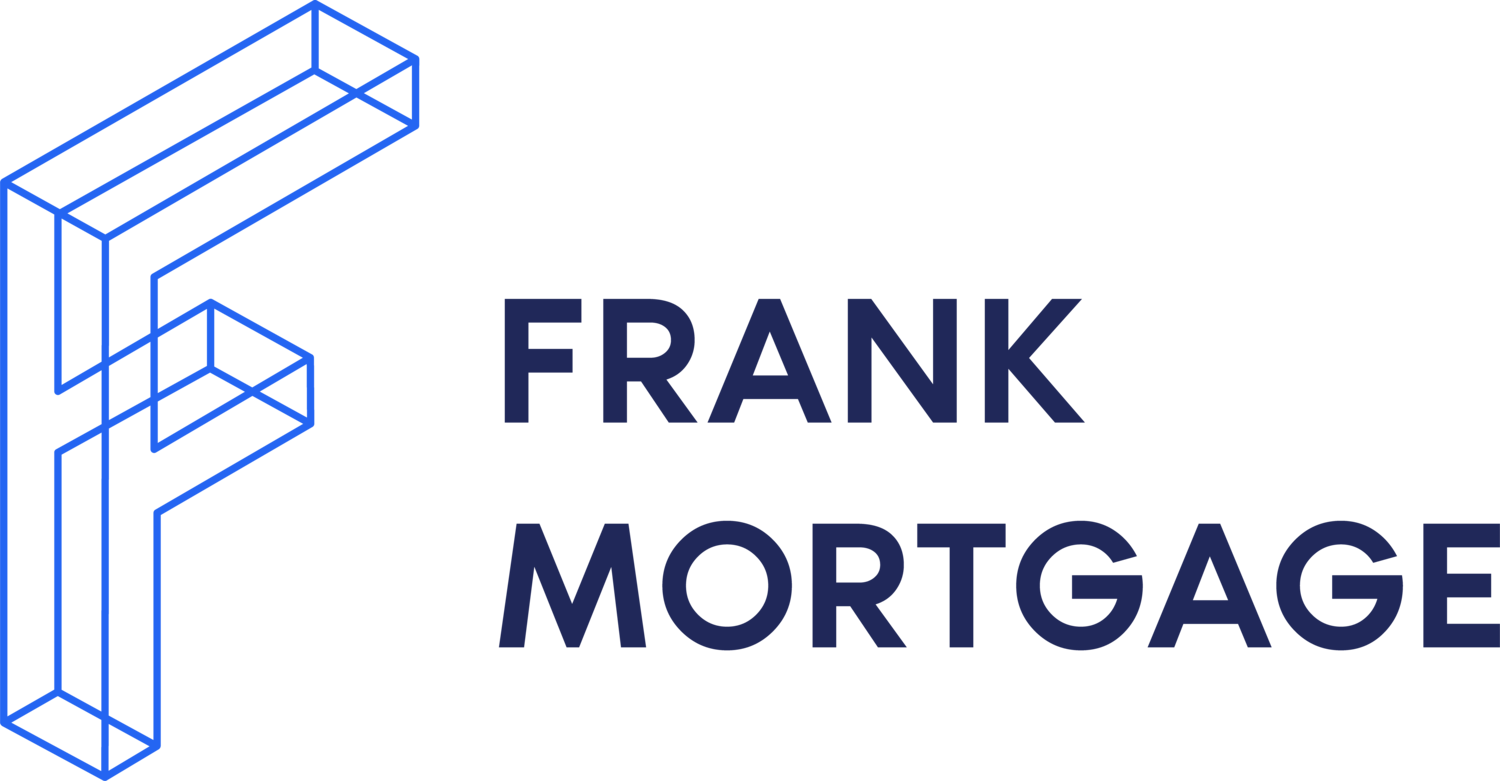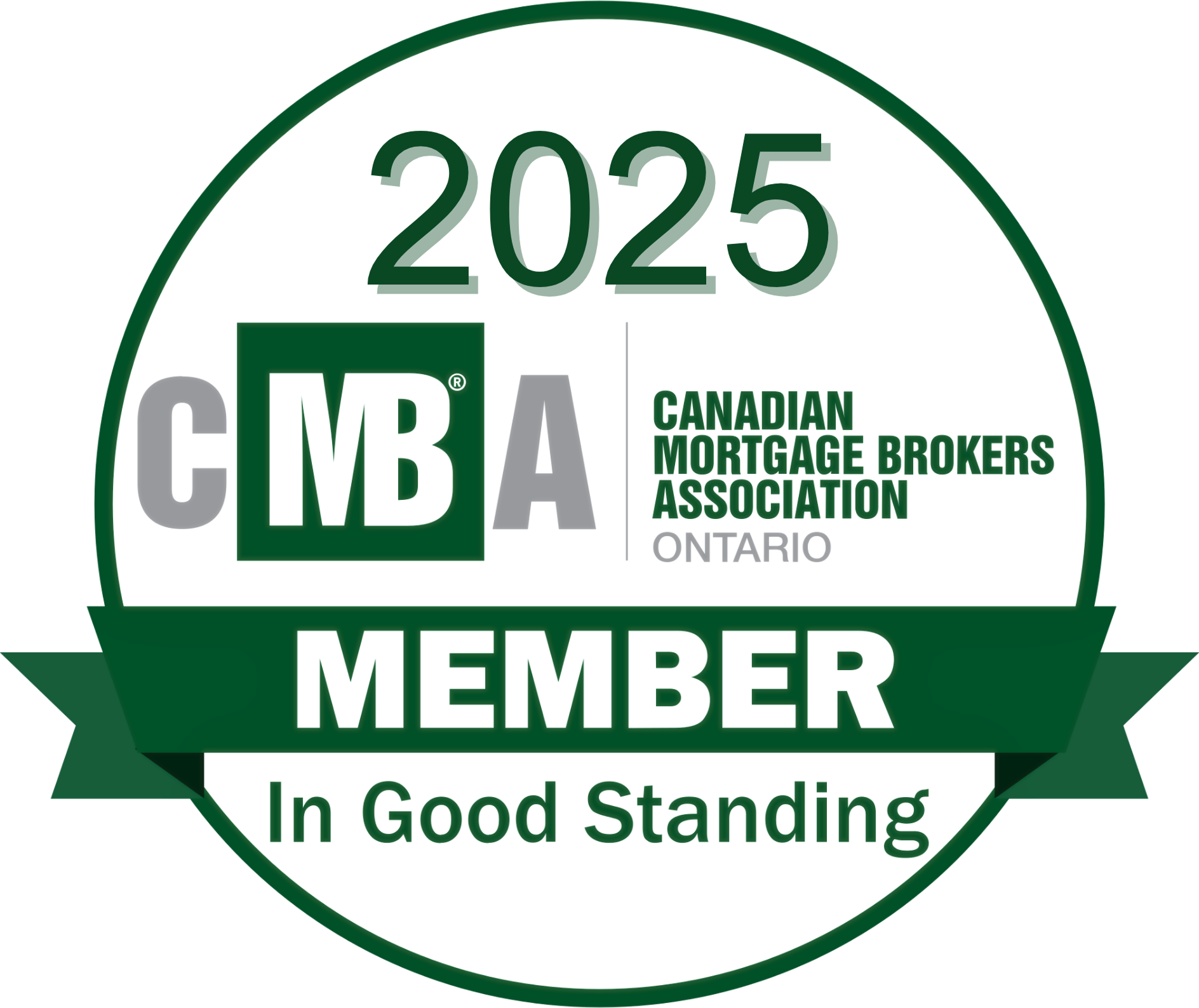What Is a T1 General and How Does It Affect Your Mortgage Approval?
You've found your dream home and are ready to apply for a mortgage. Your lender asks for your T1 General tax return. You've heard the term before, but what exactly is it, and why do they need it?
For many Canadian homebuyers, especially first-time buyers and self-employed individuals, the T1 General can be confusing in the mortgage puzzle. It's more than just a tax form; it's a critical financial document that provides a complete, unbiased picture of your income to a lender.
This guide will demystify the T1 General and explain its role in your mortgage approval process.

What Is a T1 General Tax Return?
A T1 General is the official form individuals in Canada use to file their annual personal income tax return with the Canada Revenue Agency (CRA). It’s a summary document that consolidates all sources of income, such as your T4 slips from employers, T4A slips for contract work, rental income, and self-employment earnings.
The T1 General then shows totals for these earnings, subtracts eligible deductions and credits, and determines your final tax liability or refund. Think of it as the single source of truth for your income in any given year.
The T1 General and Your Mortgage Application:
Lenders use your T1 General (usually the past two years) and supporting documents to verify your income and get a clear, non-biased view of your financial health. They want to confirm that you have stable and consistent income that can comfortably cover your future mortgage payments.
Here are the key numbers a lender looks at:
- Net Income vs. Gross Income: This is crucial for self-employed individuals and those with multiple income sources. While you might tell a lender your gross earnings, they often use your net income (found on Line 23600 of your T1 General) to calculate what you can qualify for. Net income is your total income after deductions and expenses. This number can be much lower than your gross income and directly impacts your borrowing power.
- Two-Year History: Lenders typically require your T1 General and Notice of Assessment (NOA) for the past two years to establish a stable and consistent income pattern. They want to see that your earnings aren't just a one-time spike.
- Tax Debt: Outstanding tax debt is a major red flag for lenders. The CRA has a "superpriority claim," meaning they can claim a borrower's assets before a mortgage lender if taxes go unpaid. A lender will check your NOA to confirm you have no outstanding taxes owing.
Special Considerations for Self-Employed Individuals
For self-employed Canadians, the T1 General is even more important. Lenders may also require a copy of your T2125 form, the Statement of Business or Professional Activities. This form provides a detailed breakdown of your gross income and business-related expenses.
This is where the "write-off" dilemma comes into play. While it's smart for a business owner to deduct as many expenses as possible to lower their taxable income, it can reduce the income figure they need to qualify for a mortgage. This creates a direct conflict between saving on taxes and maximizing borrowing power.
Working with a mortgage broker is essential in this scenario, as they can help you navigate these complexities and find a more flexible lender with self-employed income.
Frequently Asked Questions
What is the difference between a T1 General and a Notice of Assessment (NOA)?
The T1 General is the form you complete and submit to the CRA. The Notice of Assessment (NOA) is the summary document the CRA sends back to you after they have processed and verified your return. The NOA confirms the final result and shows any changes the CRA made. Lenders require both.
What if I don't have my T1 General? How can I get a copy?
The easiest way to get a copy is through your CRA My Account. You can download your tax returns and Notices of Assessment for the past 11 years. You can also ask your accountant or tax preparer for a copy.
Does having a tax refund help my mortgage application?
A tax refund doesn't directly increase your borrowing power, but it is a good sign to a lender that you have a responsible financial history and a positive income flow.
The T1 General as Your Financial Story
The T1 General is more than just a tax form; it’s a critical piece of your financial story. It tells lenders that your income is legitimate, stable, and verifiable.
Having your T1 Generals and Notices of Assessment for the past two years ready for your mortgage application can streamline the approval process and demonstrate that you are a reliable, low-risk borrower. Consult a mortgage broker if you are self-employed or have a complex financial situation. They can help you navigate these documents and ensure your application presents your income in the best possible light.
Ready to get pre-approved? Contact a mortgage expert at
Frank Mortgage
to review your T1 General and get a personalized plan.
About The Author

Don Scott
Don Scott is the founder of a challenger mortgage brokerage that is focused on improving access to mortgages. We can eliminate traditional biases and market restrictions through the use of technology to deliver a mortgage experience focused on the customer. Frankly, getting a mortgage doesn't have to be stressful.
Related Posts






